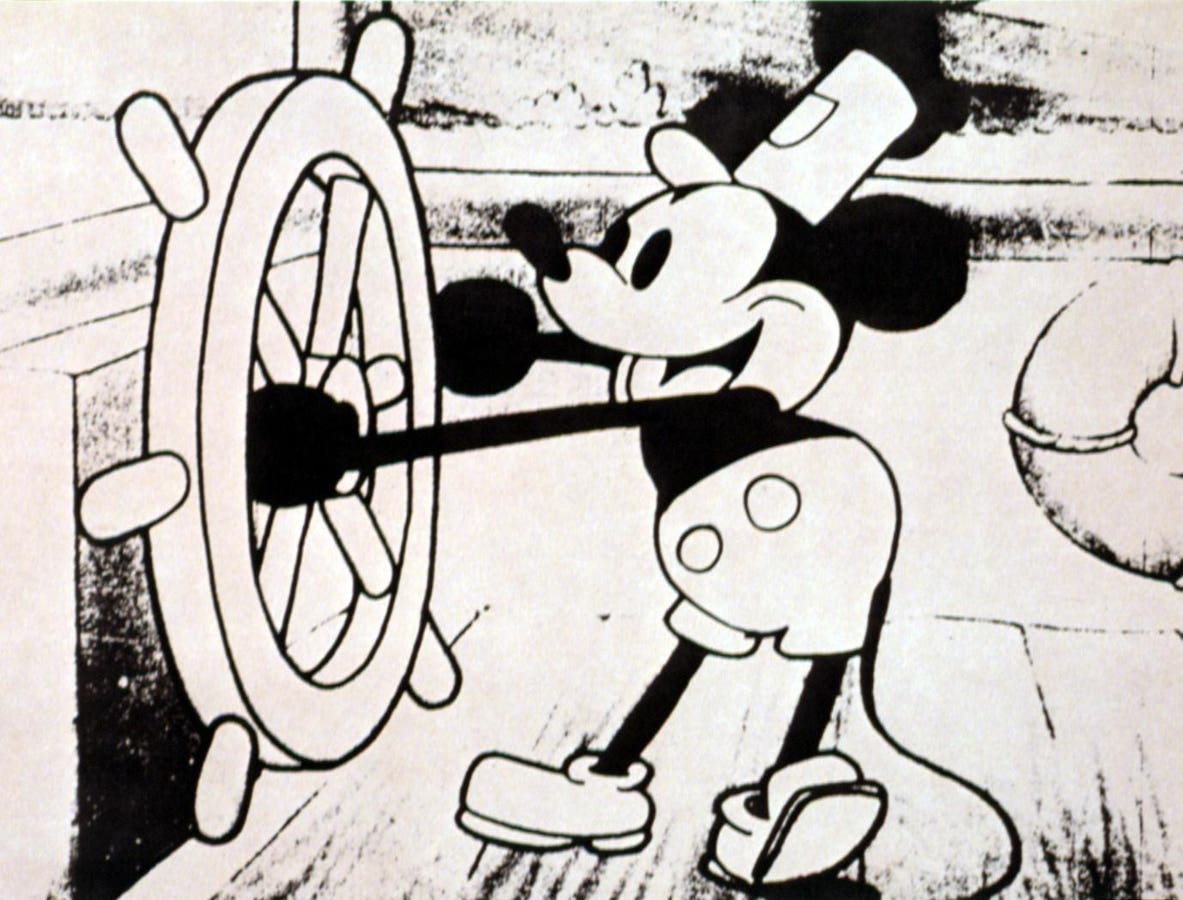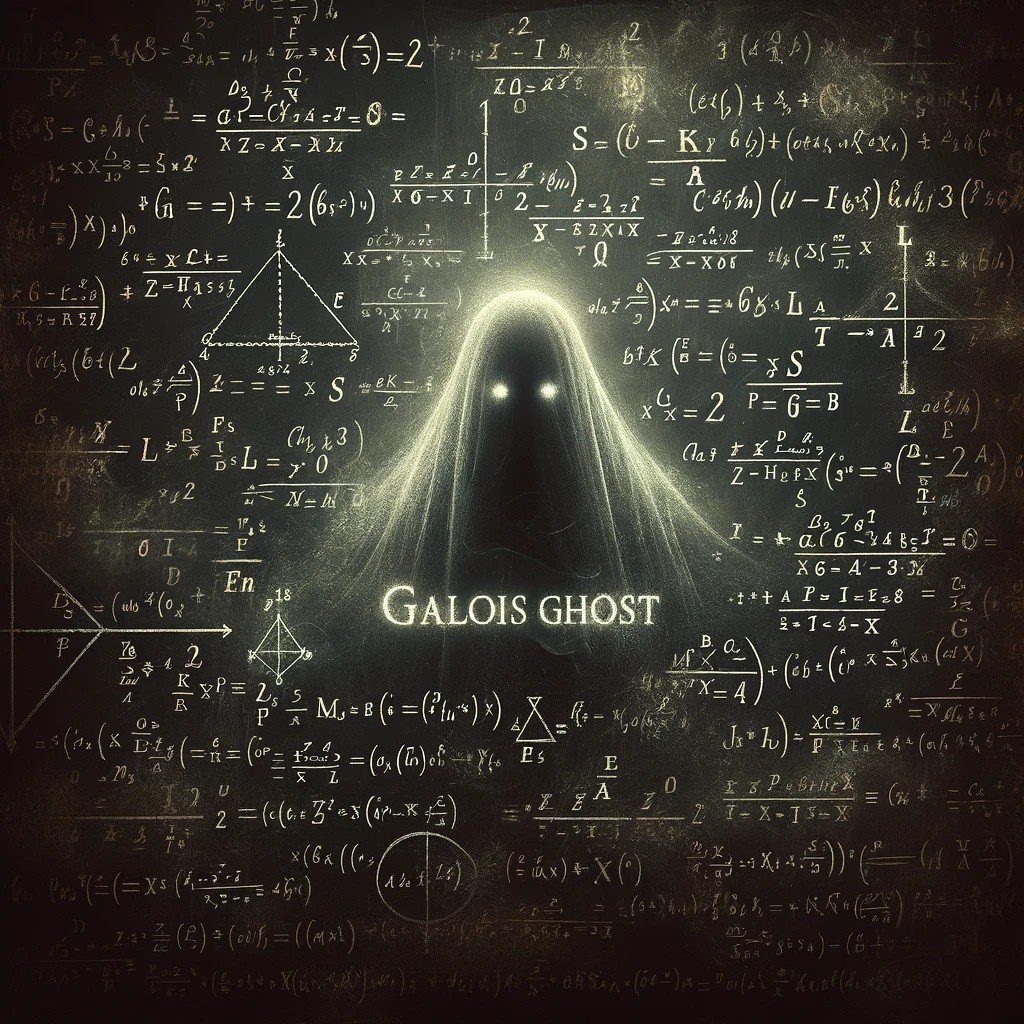Hello frens,
As a great opponent of any form of IP, I have been following the event of Disney’s Steamboat Willie entering the public domain with great amusement. The incidents where creators have been falsely demonetized on youtube for rightfully using this film is further underpinned by Disney’s decades-long shameless practices. This article sums it up quite well I think.
What article? Is it not showing cause I’m on Mobile or something?
Evolutions are copyrighted? Wat? So if they give Mickey a red nose, that’s copyrighted just because they changed the color? That makes no sense at all.
That… actually makes a lot of sense? And is what we should want?
Copyrighting The Monkey King in the 16th century (just roll with it, this is going somewhere) made sense. Over time, that copyright would expire.
Fast forward to the 1980s where Akira Toriyama and Shonen Jump basically retold the story but with a lot more robots, werewolves, kaiju fights, and noseless bald cops. Goku is based on The Monkey King but is not The Monkey King and has gone on a much stupider trajectory to become an alien who is too dumb to live and regularly threatens all of existence with his idiocy. And has canonically fucked two babies into his wife without ever kissing her. That is a new character.
As for “change the color of the nose”: (Disclaimer: I am an anime bitch so I am sure this color was already used for Goku as opposed to just Broly but whatever). If you make Goku’s hair Green because he went Super Saiyan Fury Happy Dance Now With The Divine Gods, that is not a new character and the rights-holders for Dragon Ball would rightfully send you a C&D. Whereas, if you make an identical clone of Goku but is evil then you have Turles (or Black Goku (or, honestly, Bardok)) and it can be argued as a new character. Whether a third party could get away with that starts to get incredibly messy and dangerous.
It’s tricky. Sometimes changing things truly is a creative act. A big portion of Disney’s portfolio is from retelling European fairy tales: Sleeping Beauty, The Little Mermaid, Little Red Riding Hood, Hansel and Gretel, etc. It would be hard to argue that they added nothing of value when they remade those fairy tales. In many cases, people wouldn’t recognize the original stories because Disney changed so much.
OTOH, it seems like bullshit when tiny elements are changed. For example, the Conan-Doyle estate has sued because although Sherlock Holmes was in the public domain, they said that was only the stories where he was aloof and analytic. They said that in stories published in the 1920s he was more capable of empathy, so any depiction of Holmes where he was empathetic infringed on their copyright.
If I were on a jury deciding this sort of thing, I’d require that there be something brand new. For example, Beauty and The Beast is public domain, and as long as someone is making an animated movie based on that story the default assumption should be that they’re inventing new aspects based on the public domain story, not based on the Disney movie. OTOH if they have an animated candle / candelabra, it’s reasonable to assume that infringes on the new character created by Disney.
Thirty years from publication.
No exceptions.
Copyright is only an incentive to create new works for the public. For us. Once you’ve sold it, it’s ours. That’s what the money is for. If thirty years isn’t enough then it’s just not gonna happen.
People have a right to culture. Anything you grew up with is yours to build on.
Thirty years from publication.
The original was 14 years renewable for another 14. I like that better. It means that abandonware goes into the public domain faster, but it’s easy to renew a copyright if it’s still being used.
No exceptions.
I disagree. Exceptions for sports and software: shorter. Sports is most relevant when it’s live, and copyright-holders for sports content are much more vicious when it comes to taking down tiny clips of goals or something. So, make a special category that gives them extra protection when it comes to tiny clips in exchange for much shorter copyright terms. For software, it’s essential to be able to maintain old equipment, especially old industrial equipment. That soft of software could be used in power plants, medical equipment, water purification plants, etc. Companies are notoriously bad at keeping that stuff safe especially decades later. Instead, make it public domain faster.
I have zero respect for any IP laws, the one thing I agree with China on. They only serve to inhibit innovation and make the rich richer.
That doesn’t make sense to me. It would discourage innovation if you could produce something new and then someone else (or some huge company rather) could reproduce it entirely and steal your idea.
Now obviously this 100 year crap is awful but I certainly think there is merit to short copyright/patent law.
It discourages innovation more when the vast majority of modern cultural works, or mechanical inventions are completely off limits to all but a small ownership class. It means no one is generally free to iterate on modern ideas without risking legal liability. Ultimately, pretty much nothing in this world is original, everything is an iteration on existing works. When anything approaching a modern work is restricted, there’s far less to iterate on.
And obviously, every entity, company or person, sould be capped at owning things (including other companies) at $ 999 mil.
Not sure if this is sarcasm or not, but genuinely I would be ok with this.
It’s still a valid sentiment. IP law as it is today protects established propert at the cost of both innovation and a robust public domain, which were both mission parameters of copyright as established in the Constitution of thr United States. (Other nations may be more deliberately feudal with their foundational IP laws, but I don’t know.)
The public would be better served to abolish intellectual property entirely than retain the system we have, but our regulatory agencies are long captured to preserve the property rights of the wealthy, even when it harms or kills the public.
In the new world there will be no copyrice
Why can’t I copy my rice?
Of all the new uses of Mickey we’re now seeing, one thing I really hope is to see Mickey showing up on murals in kindergartens and daycares. This is really what it means for the character to be entering the public domain. He’s has been a part of American, if not world culture for decades, but that part of the culture has been illegal for people to use.
Finally, after nearly a century of Disney getting absolute control, that cultural element finally belongs to everyone. Now parents and caregivers can paint images of Mickey and make kids happy without having to get permission from Disney.
“given human skin tone”
Title of this post is a bit misleading. You’re suggesting the article spells out how Disney’s, and other companies’, rabid protection of its IP is a Bad Thing, when it’s really more of a history and primer on what’s changed with Steamboat Willie entering PD.
Thanks to the so-called “Mickey Mouse Protection Act” of 1998, Disney, along with other entertainment companies, permanently damaged the collective creative landscape by walling off the public domain.
The great irony, of course, is that Disney built its library of animated classics by adapting European fairy tales that exist in the public domain. Despite Disney benefiting from the free use of old stories, the studio has never hesitated to take legal action to protect its most iconic character, several decades after Walt Disney created him.
Over the decades, Disney’s brutal copyright take-downs have become the stuff of legend. The litigious studio famously forced daycare centers to remove murals featuring Mickey and Minnie; for Disney, copyright law even applies to a child’s tombstone.
[…] the mouse is symbolic of a decades-long battle over the public domain, which the public lost. Today, the battleground has shifted, as powerful corporations no longer view tight copyright protection as beneficial, thanks to the requirements of generative AI.
Just a public announcement, you don’t have to believe in IP.







